-
Safe Celebrations
July 2017
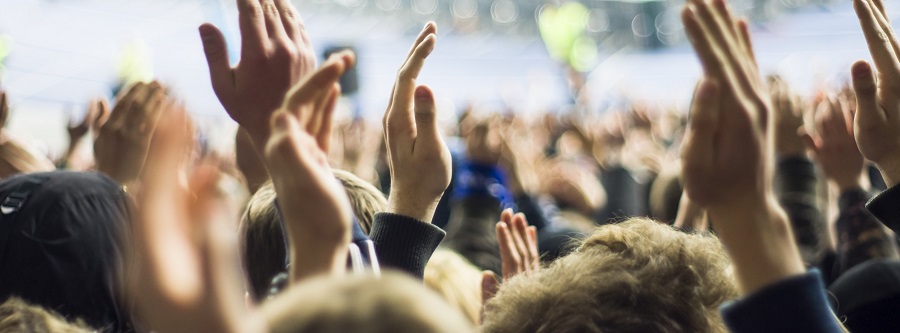
Everybody loves a club function. They’re a great chance to celebrate the club, get together with teammates and build comradery and team morale. The best celebrations are events where everyone feels safe and involved.
Read More
-
When tragedy strikes
July 2017

We all experience personal tragedy from time to time: the loss of a parent, the death of someone else close to us, perhaps a house fire or an accident that results in disability. At times like these, those around us – our communities – play an important supportive role. For many of us, our local sporting club IS our community.
Read More
-
Governance is just a word for doing business better
June 2017

Governance is just a fancy word for doing the business of your sport’s board or committee better. But good governance is essential to keeping your club or organisation safe, fair and inclusive. These 10 tips are written to help you and your board/committee do the job you were elected to do as well as you possibly can.
Read More
-
PaRANTING from the sidelines
June 2017

If you have a child who plays sport then aim to train yourself, from the very first blow of the very first whistle, to offer encouragement and encouragement only from the sideline. Learn early how to bite your tongue when you feel you would like to add anything more than this to the game.
Read More
-
7 ways how yelling at officials is hurting children
March 2017

In March the community website from the USA, Switching the Field, published an interesting article that resonated with over 17,000 people on the Play by the Rules Facebook page. Switching the Field describes themselves as “humble members of the greater soccer community doing our part to help the game.”
Read More
-
A male feminist view on women's sport
March 2017

Today is International Women’s Day. I thought it important that Play by the Rules runs a feature on the day to highlight the great progress made in recent times in women’s sport. After all, Play by the Rules is all about inclusion and there’s a lot to celebrate.
Read More
-
Why adults behave like kids at kids sport
March 2017

Clyde Rathbone explores why adults often behave poorly at kids sporting events. Is the answer at the juncture of misguided values and insecurity?
Read More
-
eSafety and sport - using technology to best advantage
November 2017

There are many benefits of social media for sporting clubs. But, importantly, there are also risks, including cyberbullying and image based abuse. How do you minimise risks on social media?
Read More
-
What is mediation?
October 2017
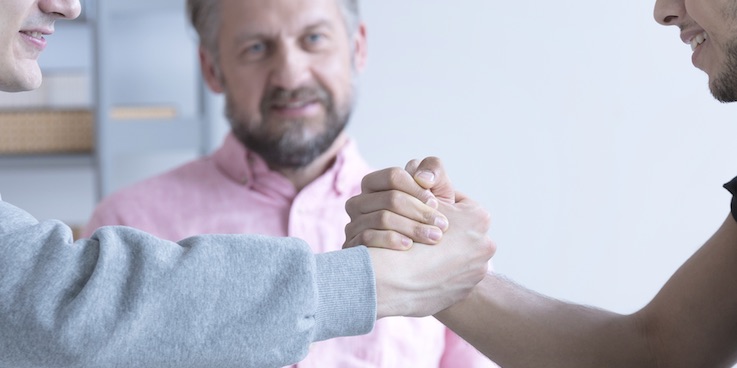
Mediation is also known as Alternative Dispute Resolution but may be otherwise described as a managed conversation. But what does it entail for your sports club or association? What's the role of the Board? Why and when to mediate?
Read More
-
Can an apology lead to change?
April 2018
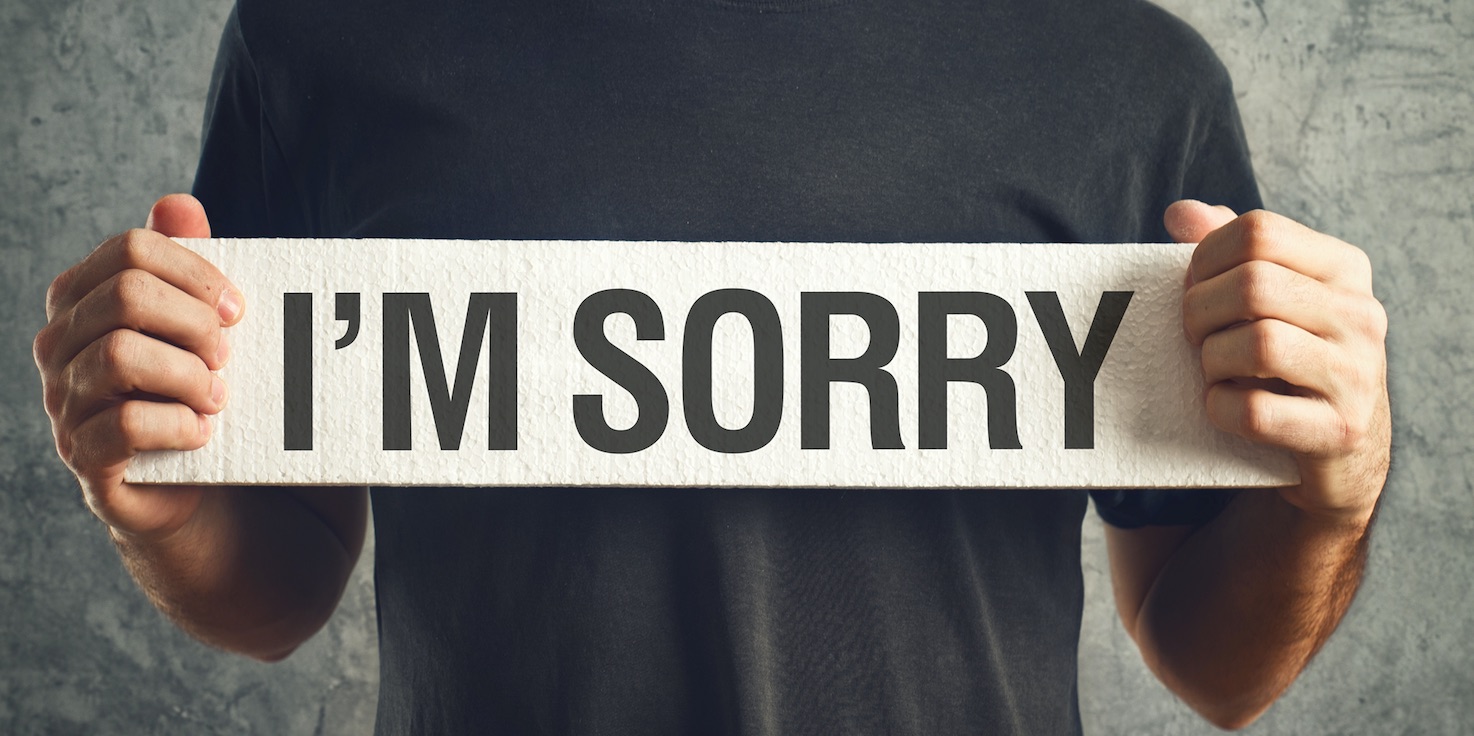
In July 2014 New Zealand cricketer Lou Vincent received a life ban from the sport for match fixing. Vincent's public apology gave cricket a fulcrum for the necessary learning and growing conversations around the impacts of corruption. Can an apology lead to change?
Read More
-
The mercy rule in children's sport - help or hindrance?
September 2017

Kids don’t begin playing sport with the sole intention of winning. So what does it say when one sport implements a ‘mercy’ rule in an endeavour to avoid astronomical losses and ‘preserve the fun’, while another sport eliminates the mercy rule saying it sucks the fun out of playing because it promotes the idea that losing is shameful?
Read More
-
Out of hours player behaviour
August 2018
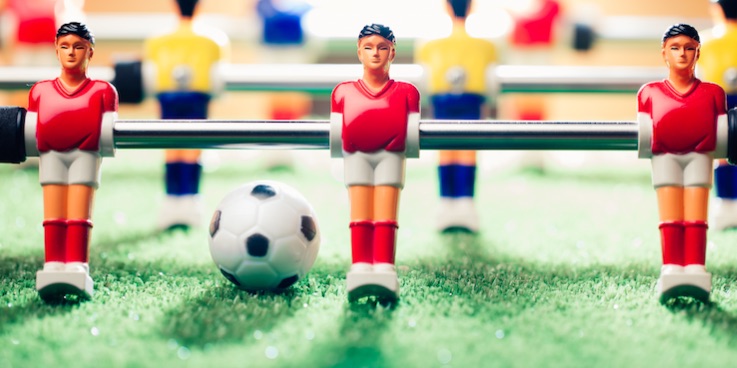
Sporting clubs and organisations should be conscious of putting safeguards in place so as to curb behaviour that could bring the sport and the club into disrepute in order to protect and preserve the image and reputation of stakeholders.
Read More
-
Member Protection and the importance of confidentiality
December 2018
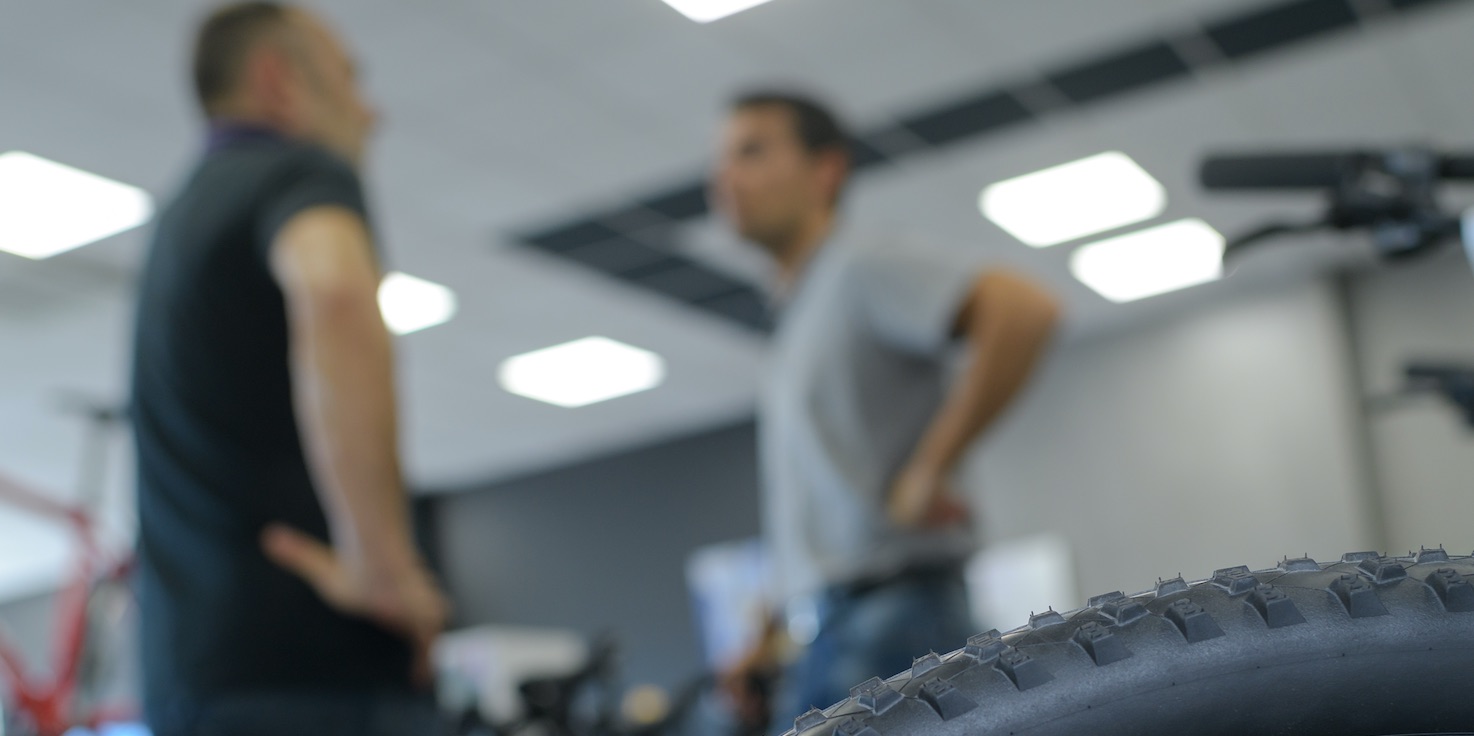
Raising a member protection complaint can be daunting. Confidentiality helps build a relationship of trust and confidence, and can encourage members to have open conversations...
Read More
-
7 lessons for sport from the Royal Commission's report into child abuse
February 2018
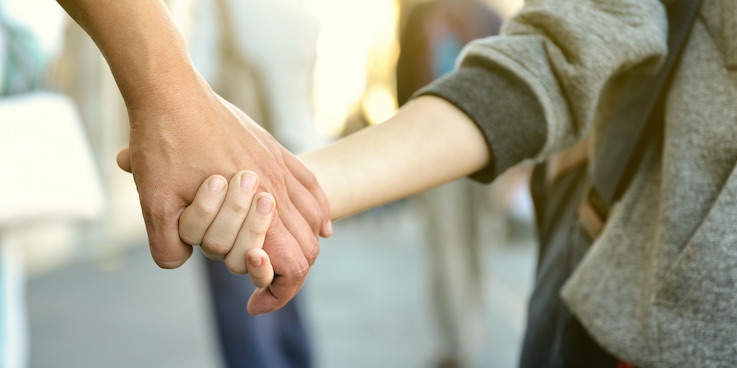
There are many lessons for sport here, not only in the context of the recommendations, but also in the process and general findings of the Royal Commissions work. In this article we draw out some of these lessons to help you think about and develop practical solutions that suit your organisation.
Read More
-
Awarding what matters in sport
January 2018
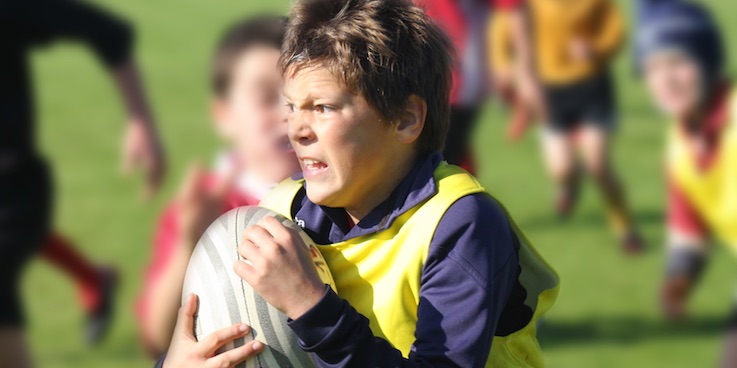
There’s something truly noble about the ability to produce great effort, and we all know it when we see it. Struggle has a certain truth to it, a kind of integrity that can’t be faked - at least not to oneself and not for very long.
Read More
-
2018 Diversity and Inclusion in Sport Forum
July 2018
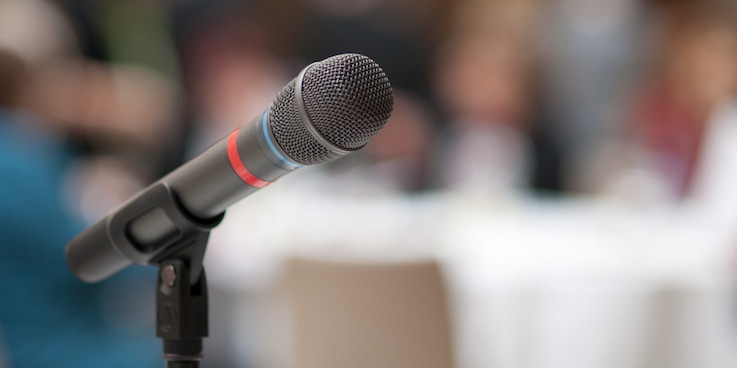
Doors are now open to register for the 2018 Diversity and Inclusion in Sport Forum to be held the 11th October 2018 in Melbourne. Check out what's happening at this years Forum and register online.
Read More
















